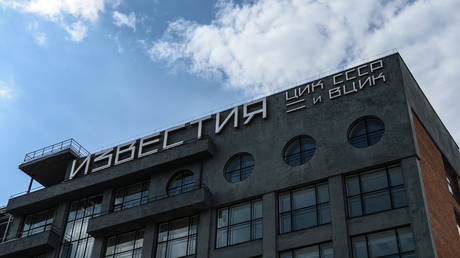Twitter’s New Rules Lead to Fears of Meme Ban
by Paul Joseph Watson, Summit News:
 “Synthetic and manipulated media” to be targeted.
“Synthetic and manipulated media” to be targeted.
Twitter’s announcement that it will begin a crackdown on “synthetic and manipulated media” has led to fears that political memes could be censored in the run-up to the 2020 presidential election.
On Monday, Twitter said that it was “working on a new policy to address synthetic and manipulated media on Twitter.”
According to the Big Tech giant, “synthetic and manipulated media” is “media that’s been significantly altered or created in a way that changes the original meaning/purpose, or makes it seem like certain events took place that didn’t actually happen.”
What’s synthetic and manipulated media?
It’s media that’s been significantly altered or created in a way that changes the original meaning/purpose, or makes it seem like certain events took place that didn’t actually happen.
— Twitter Safety (@TwitterSafety) October 21, 2019
Many pointed out that this description could easily describe memes and other satirical media that is intended to humorous but not necessarily factually accurate.
“The majority of responses back to Twitter Safety’s post was that the move was expected and grounded in hurt feelings of Democrats to put controls on Republicans before the 2020 Presidential election,” writes Kari Donovan.
If Twitter does start to ramp up censorship of memes, it wouldn’t be the first Big Tech outfit to do so.
Earlier this year, Instagram announced it would use “52 global “fact checking partners” to censor “false photos and memes on its platform,” according to Poynter.
Last year, Facebook also announced it was developing a new AI algorithm that can detect and ban “offensive” memes.
Back in September, the Pentagon declared war on memes as DARPA launched a new program to fight “polarizing viral content” before it spreads.
A study undertaken by researchers at University College London found that the most effective memes in the run up to the 2016 presidential election largely originated in two places – the subreddit r/the_donald – a forum devoted to boosting President Donald Trump, and 4chan’s politically incorrect /pol forum.
Loading...



